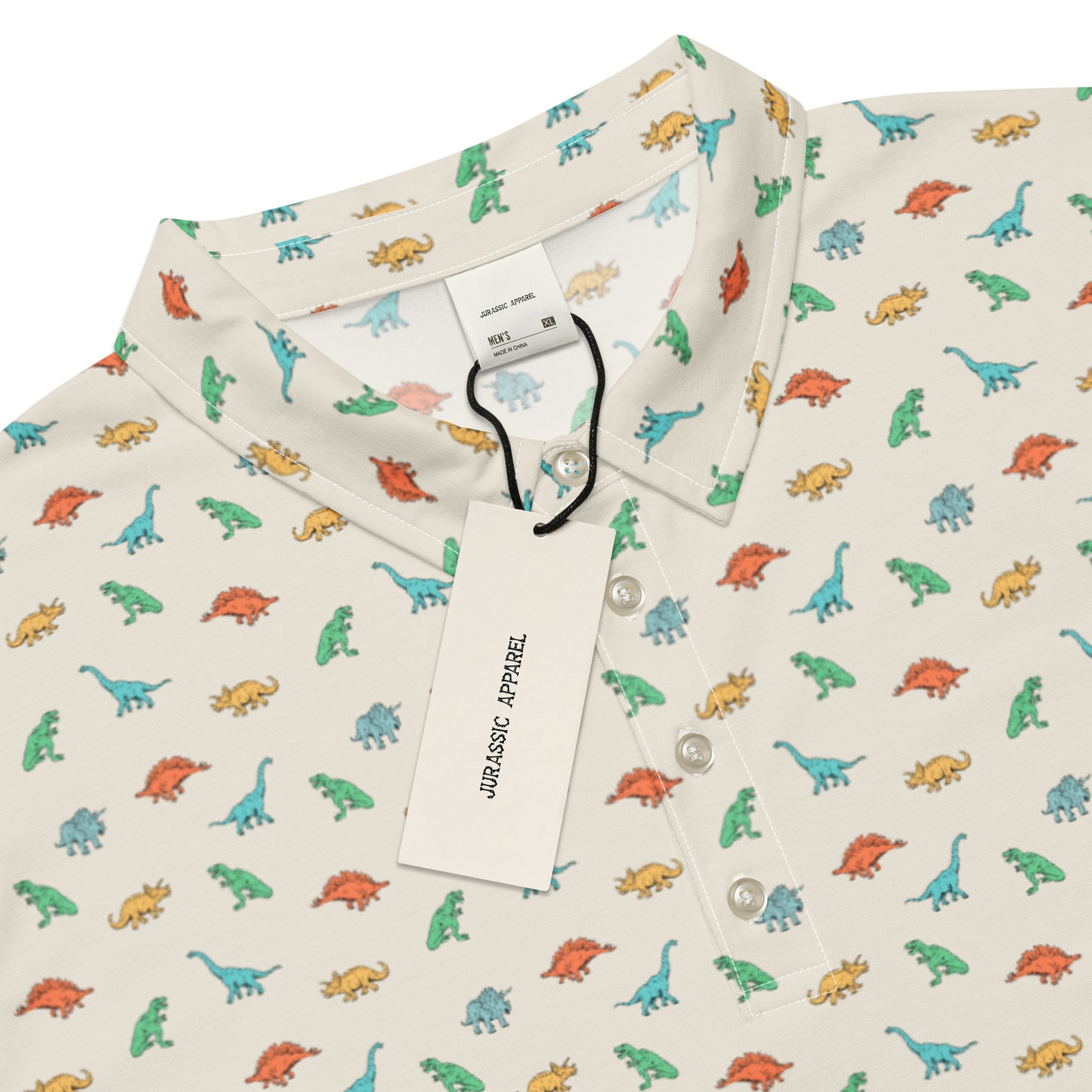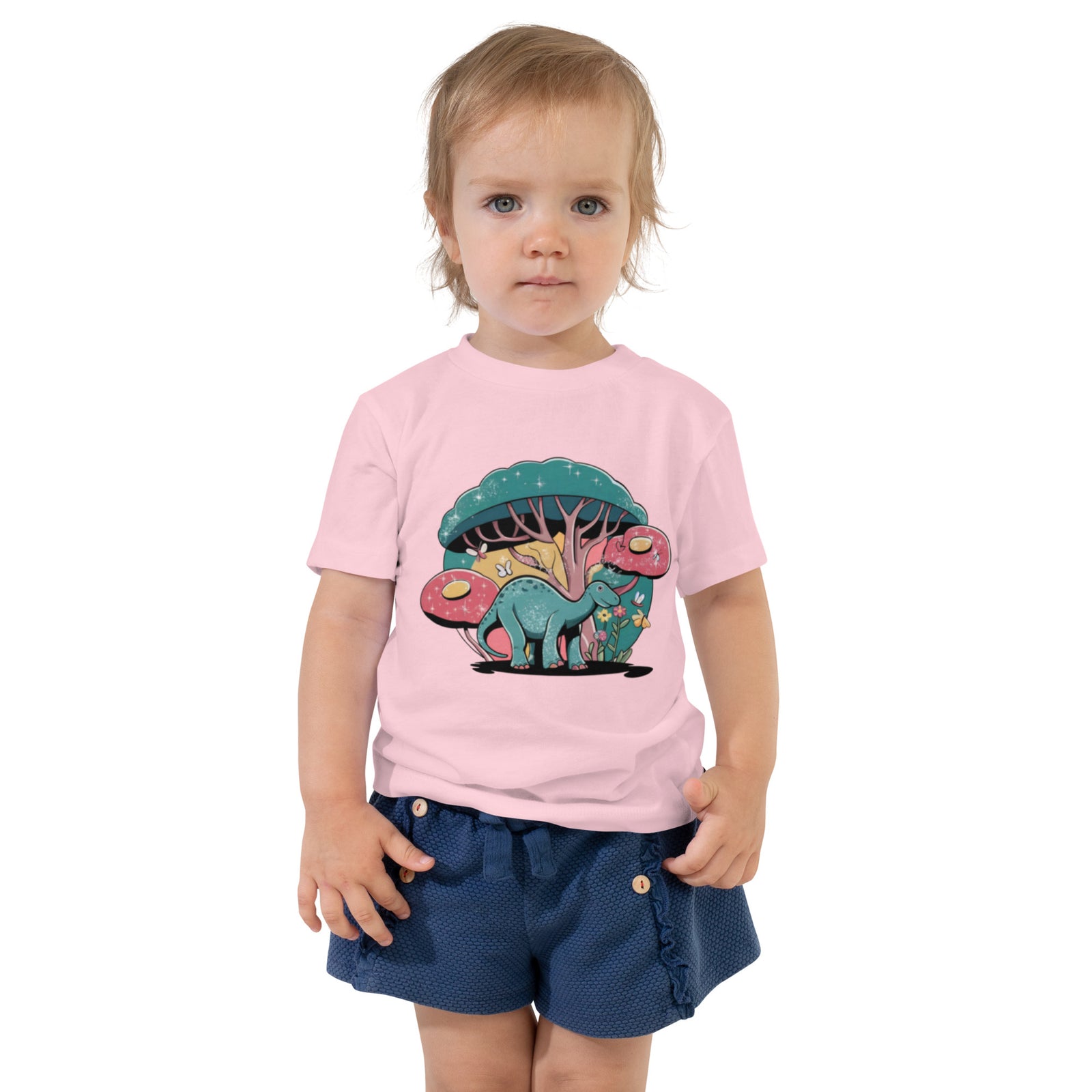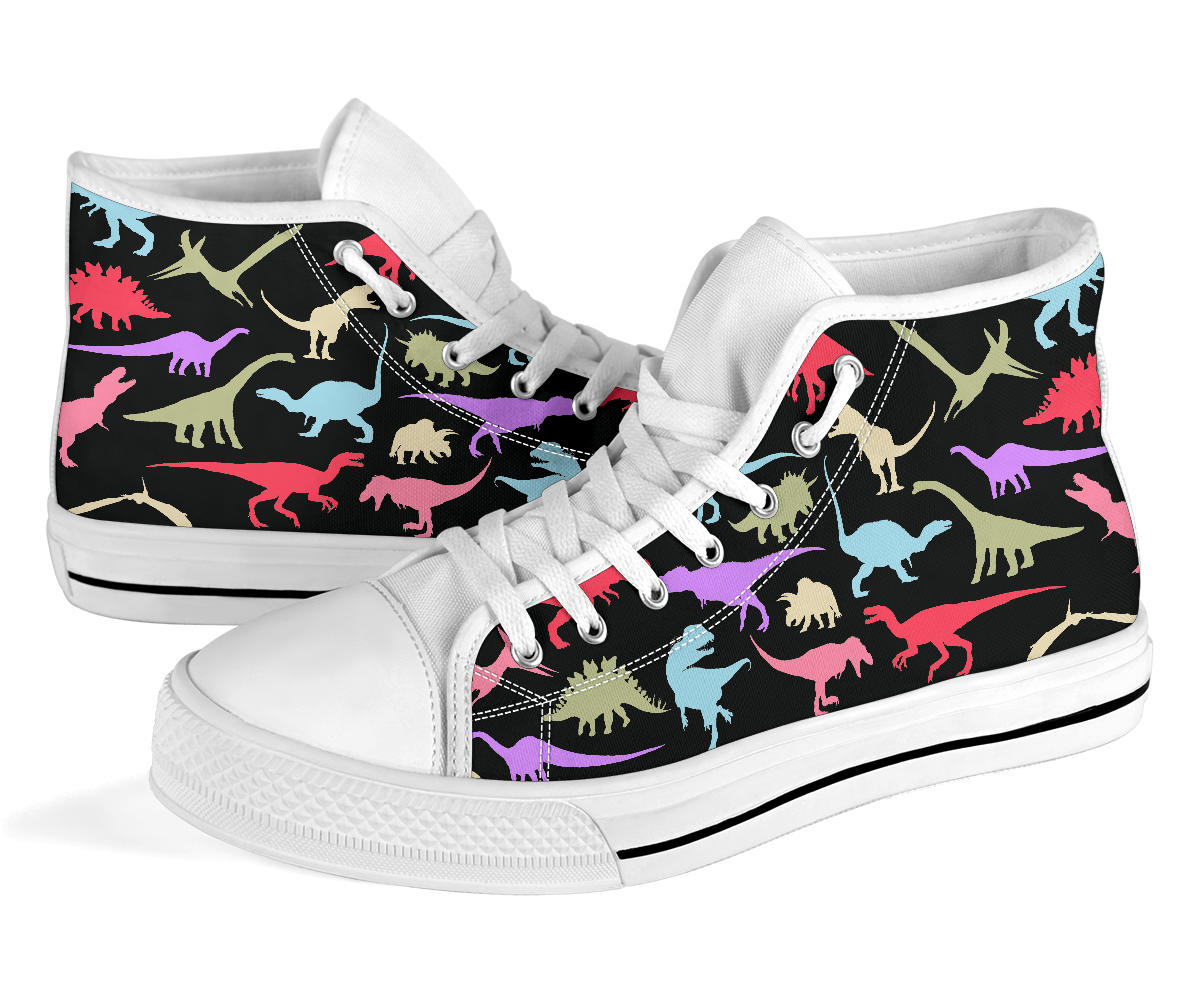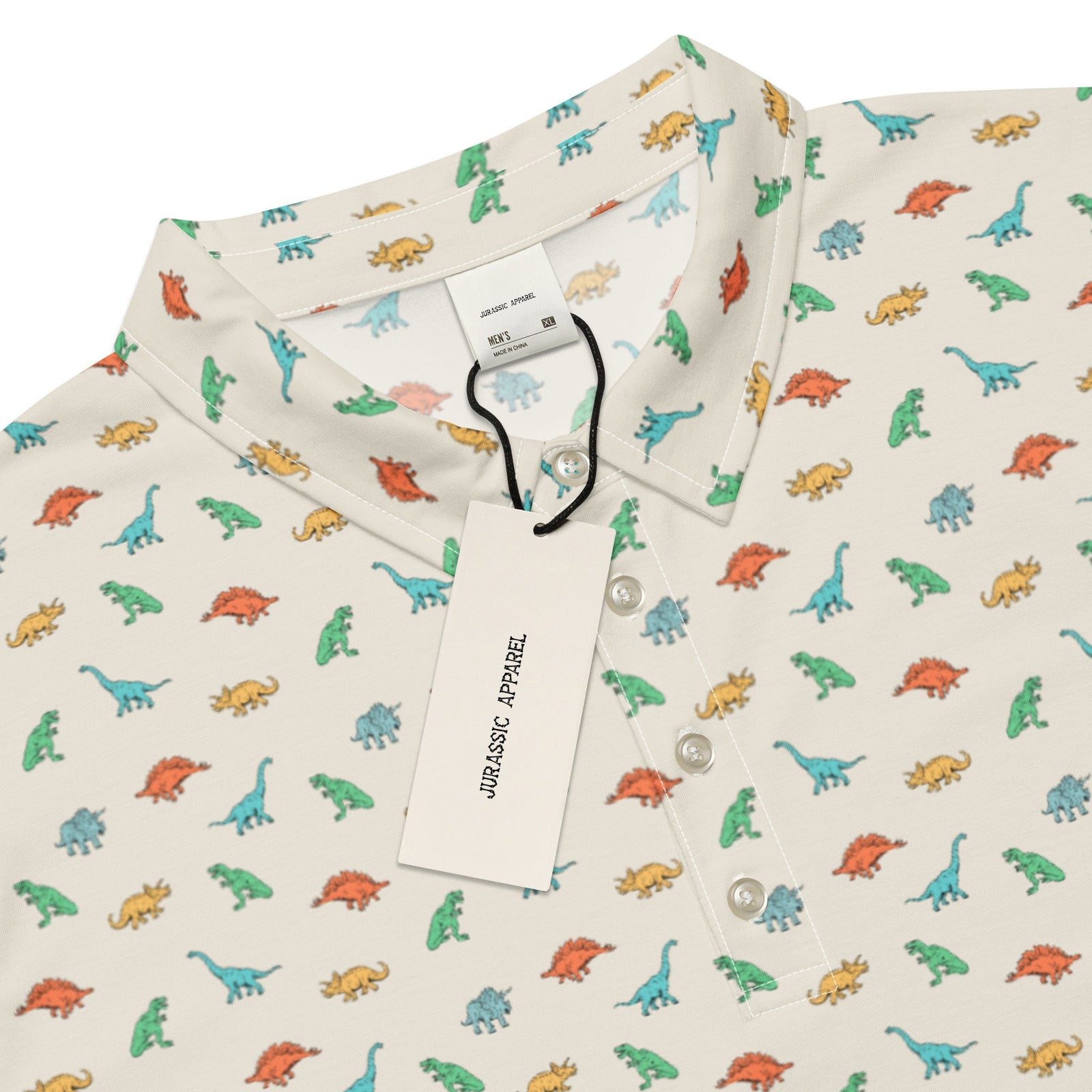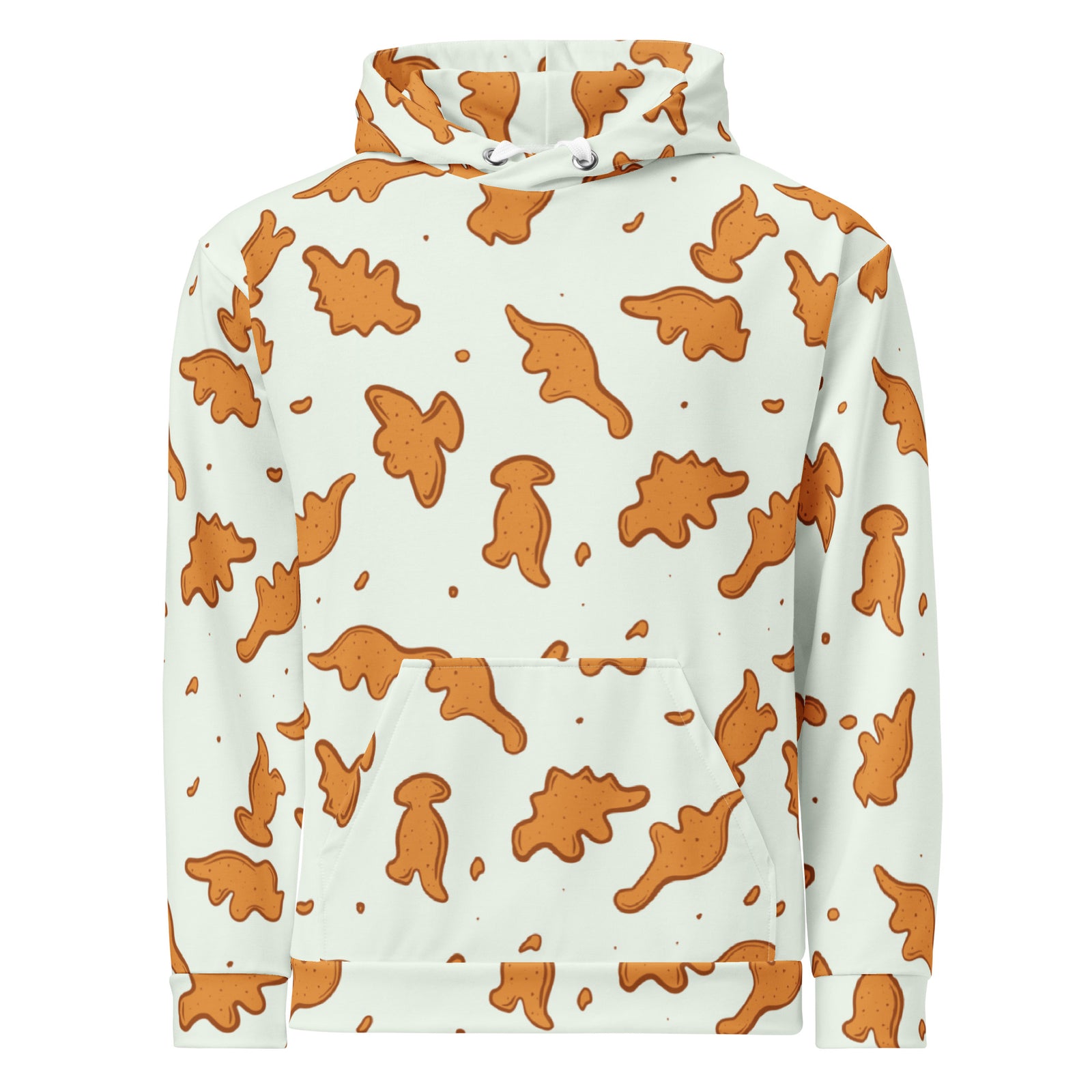Free Shipping On Orders over $75
Free Shipping On Orders over $75
Women's
Men's
Kids
Baby/Toddler
Accessories
Lophorhothon
August 05, 2024 2 min read

(AI Interpretation)
Lophorhothon: The Enigmatic Dinosaur
Dinosaur Facts:
- Dinosaur Type: Ornithopod
- Period: Late Cretaceous
- Diet: Herbivore
- Length: Approximately 6 meters (20 feet)
- Height: About 2 meters (6.5 feet)
- Weight: Estimated at 200-300 kg (440-660 lbs)
- Notable Features: Nuchal crest, possible sail-like structure on the back
Lophorhothon for Kids
Meet Lophorhothon!
Lophorhothon is a fascinating dinosaur that roamed the Earth during the Late Cretaceous period, approximately 70 million years ago. It is part of the ornithopod family, which includes other well-known dinosaurs like Iguanodon and Hadrosaurus.
What did Lophorhothon look like?
Lophorhothon had a unique appearance, characterized by its elongated body, robust limbs, and a distinctive nuchal crest at the back of its head. This crest might have served various functions, such as display or thermoregulation. With its long neck, it was well adapted for browsing on vegetation.
What did Lophorhothon eat?
As an herbivore, Lophorhothon primarily consumed a diet of low-lying plants, leaves, and possibly some fruits. Its teeth were specially adapted for grinding down tough plant material, making it an efficient forager.
In-Depth Look at the Lophorhothon
Anatomy and Physical Features
Lophorhothon is particularly notable for its nuchal crest, which suggests that it had a unique head structure. The anatomy of its limbs indicates good adaptation for both walking on land and potentially running short distances when threatened. The unique adaptations of this dinosaur continue to intrigue paleontologists.
Behavior and Habitat
Evidence suggests that Lophorhothon may have lived in herds to protect against predators. Fossil evidence has been found in areas that were once rich with vegetation, indicating that it thrived in lush, green environments.
Scientific Discovery and Research
Lophorhothon was first described in the early 20th century, with its fossils uncovered in the United States, specifically the states of Montana and Utah. Ongoing research continues to reveal new insights into its anatomy and ecology, contributing to our understanding of Cretaceous ecosystems. Studies such as those found in sources like the Journal of Vertebrate Paleontology provide valuable insights into its classification and evolutionary significance.
Social Behavior and Hunting Techniques
Although primarily herbivorous, understanding the social structures of Lophorhothon in herds may provide insights into their defensive behaviors against predators, allowing them to rely on numbers for protection.
Lophorhothon in Popular Culture
Although not as widely recognized as the Tyrannosaurus or Velociraptor, Lophorhothon has found its place in educational resources and documentaries aimed at children, fostering an appreciation for less commonly discussed dinosaurs.
Ongoing Research and Discoveries
Research is ongoing, with paleontologists studying more fossil evidence to gain further understanding of Lophorhothon, including its biomechanics and ecological roles. Recent findings have sparked interest, suggesting variations in its morphology that allow us to draw comparisons with related species.
Conclusion
Lophorhothon remains a captivating subject in the world of paleontology. Its unique features, along with its ecological adaptations, offer valuable insights into the diversity of life during the Late Cretaceous period. For those interested in dinosaurs and their history, Lophorhothon represents a lesser-known but equally fascinating chapter waiting to be explored.


